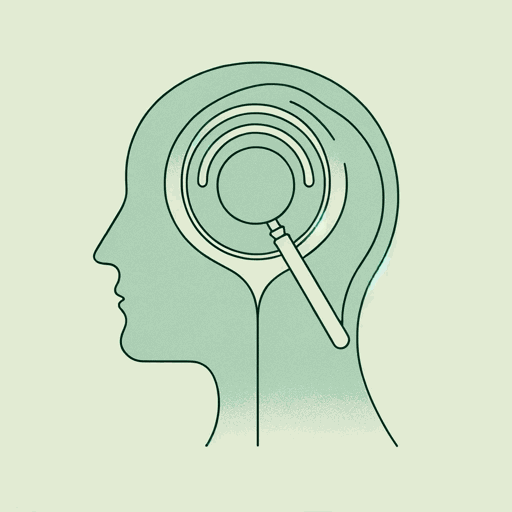35 pages • 1 hour read
C. Wright MillsThe Sociological Imagination
Nonfiction | Book | Adult | Published in 1959A modern alternative to SparkNotes and CliffsNotes, SuperSummary offers high-quality Study Guides with detailed chapter summaries and analysis of major themes, characters, and more.
Important Quotes
“Nowadays men often feel that their private lives are a series of traps. They sense that within their everyday worlds, they cannot overcome their troubles, and in this feeling, they are often quite correct: What ordinary men are directly aware of and what they try to do are bounded by the private orbits in which they live; their visions and their powers are limited to the close-up scenes of job, family, neighborhood; in other milieux, they move vicariously and remain spectators. And the more aware they become, however vaguely, of ambitions and of threats which transcend their immediate locales, the more trapped they seem to feel.”
(Chapter 1, Page 3)
Mills sets out his view of the general features of the human condition in the modern era. For Mills, the life of an individual in contemporary society is a life fundamentally impotent with respect to the overcoming of certain obstacles people encounter in their daily existence—whether at home, school, or work. This intuitive, if not sometimes vague and subconscious, feeling of one’s own powerlessness to change future possibilities, says Mills, is not wholly incorrect, despite the fact that it is the main contributor to feelings of hopelessness and despair. For Mills, rather than despairing in the face of this fact, lived reality becomes one of the main tasks of social science. Social scientists must seek to understand and help to overcome, on the part of individuals and society as a whole.
“Yet men do not usually define the troubles they endure in terms of historical change and institutional contradiction. The well-being they enjoy, they do not usually impute to the big ups and downs of the societies in which they live. Seldom aware of the intricate connection between the patterns of their own lives and the course of world history, ordinary men do not usually know what this connection means for the kinds of men they are becoming and for the kinds of history-making in which they might take part [….] They cannot cope with their personal troubles in such ways as to control the structural transformations that usually lie behind them.”
(Chapter 1, Pages 3-4)
Mills expands on the themes of powerlessness and despair, seeing this as the common human condition within modern society. For Mills, the reason individuals feel like their lives and fate are outside of their own hands stems, partially, from the lack of awareness of how social and historical processes continuously condition and determine the private and individual experience of contemporary life. And it is precisely the absence of this connection between history and biography that Mills will come to address in his concept of


